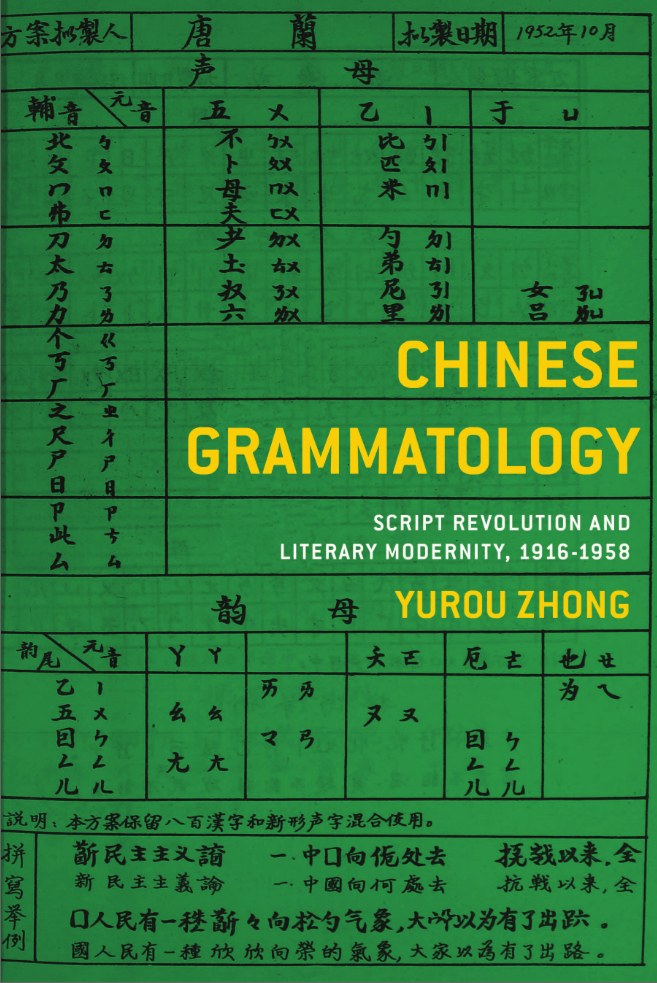
ChineseGrammatology
[ 文学 ]
作者:YurouZhong
1
0
推荐者:百科书库 2023-04-19 20:09:46
本书简介
- 作者:YurouZhong
- 出版社:ColumbiaUniversityPress
- 副标题:ScriptRevolutionandLiteraryModernity,1916-1958
- 出版年:2019-11
- 页数:288
- 定价:$105.00
- 装帧:Hardcover
- ISBN:9780231192620
Today, Chinese characters are considered a national treasure and the cornerstone of the nation's identity. However, from the mid-twentieth century, efforts were made to reform the Chinese script, with many people viewing it as an outdated obstacle to modernization. Critics argued that the writing system impeded literacy and therefore hindered both science and democracy. The push for abandonment of characters and adoption of alphabetic writing was supported across the political spectrum, but ultimately, the Communist Party decided on character simplification.
Chinese Grammatology traces the origins, evolution, and containment of this script revolution. It provides a comprehensive analysis of its profound impact on Chinese literature and culture, as well as the enduring implications it has had for the interaction between the alphabetic and non-alphabetic worlds. Yurou Zhong delves into the emergence of competing Romanization and Latinization movements that were aligned with both the Nationalists and Communists. She uncovers many surprising affinities between alphabetic reform and modern Chinese literary movements, and also investigates the politics that drove mass education and literacy programs in the midst of war and revolution.
Zhong places the Chinese script revolution within the broader global context of phonocentric dominance that privileges phonetic writing. She contends that the eventual retention of characters constituted a powerful anti-ethnocentric and anti-imperial critique that predated the emergence of Deconstructionism and coincided with postwar decolonization movements. By offering unique insights into the consequences of one of the largest linguistic experiments in history, Chinese Grammatology provides a fascinating perspective on the origins of Chinese literary modernity and the political dimensions of writing science.
作者简介
YurouZhongisassistantprofessorofEastAsianstudiesattheUniversityofToronto.
相关推荐
树语
"树语"是理查德·鲍尔斯创作的一部小说,获得了2019年普利策文学奖和美国国家图书奖。此外,它还被提名布克奖和福克纳奖,获得2020年意大利雷佐里外国小说奖、美国国际笔会奥克兰卓越文学奖和美国艺术文学 [美]理查德·鲍尔斯 2023-04-19 13:48:55光明世纪
卡彭铁尔的代表作《光明世纪》是一部气势恢宏的“新巴洛克主义”典范之作。阿来曾评价:“《光明世纪》的里革命是充满激情的,是富于献身精神的,闪烁理想主义的灿烂光芒,生命原始活力的光芒。”马尔克斯读完此书, [古巴]阿莱霍·卡彭铁尔 2023-04-19 13:51:38时间之战
★卡彭铁尔的短篇小说代表作《时间之战》,共收录十篇作品。★作家用达利油画般的质感和巴赫音乐式的结构,建造了十座关于神话、寓言、政治等不同主题的华丽繁复的巴洛克宫殿。★这些短篇小说形式奇崛瑰丽,格局宏大 [古巴]阿莱霍·卡彭铁尔 2023-04-19 13:52:59琥珀中的生命
《琥珀中的生命》是一次有趣的中国本土科幻探索,以科幻的视角重新想象山川、风物、民俗,向我们展示了全新的世界。除了科学和未来,科幻还探索着我们的历史和身份。这本书是一次实地考察科幻创作的难得机会。刘慈欣 未来事务管理局编著/劳伦斯•M.舍恩/德里克•昆什肯/娜奥米•克雷泽/卡罗琳•艾维斯•吉尔曼/弗兰• 2023-04-19 13:54:24龙的呼吸阀
《龙的呼吸阀》是中国本土科幻小说的有趣探索,以科幻的视角对山川、风物、民俗进行全新想象。这本书不仅仅关注科学和未来,还关注我们的历史和身份,这是一本实地踏访科幻创作的难得之作,得到了刘慈欣和韩松的诚意 未来事务管理局编著/江波/赵垒/梁清散/糖匪/苏莞雯/昼温/靓灵 2023-04-19 13:55:40路边野餐
【故事简介】外星人神秘造访地球后离去,留下六个高辐射、高污染的造访区。二十多年来,凡接触者,或皮肤剥落而死,或生下畸形怪胎。僵尸纷纷从附近的墓地中爬出,游荡在人间。可仍有一些人,为了生计游走在杀机四伏 [俄]阿卡迪·斯特鲁伽茨基/[俄]鲍里斯·斯特鲁伽茨基 2023-04-19 13:58:39© 2023-2025 百科书库. All Rights Reserved.



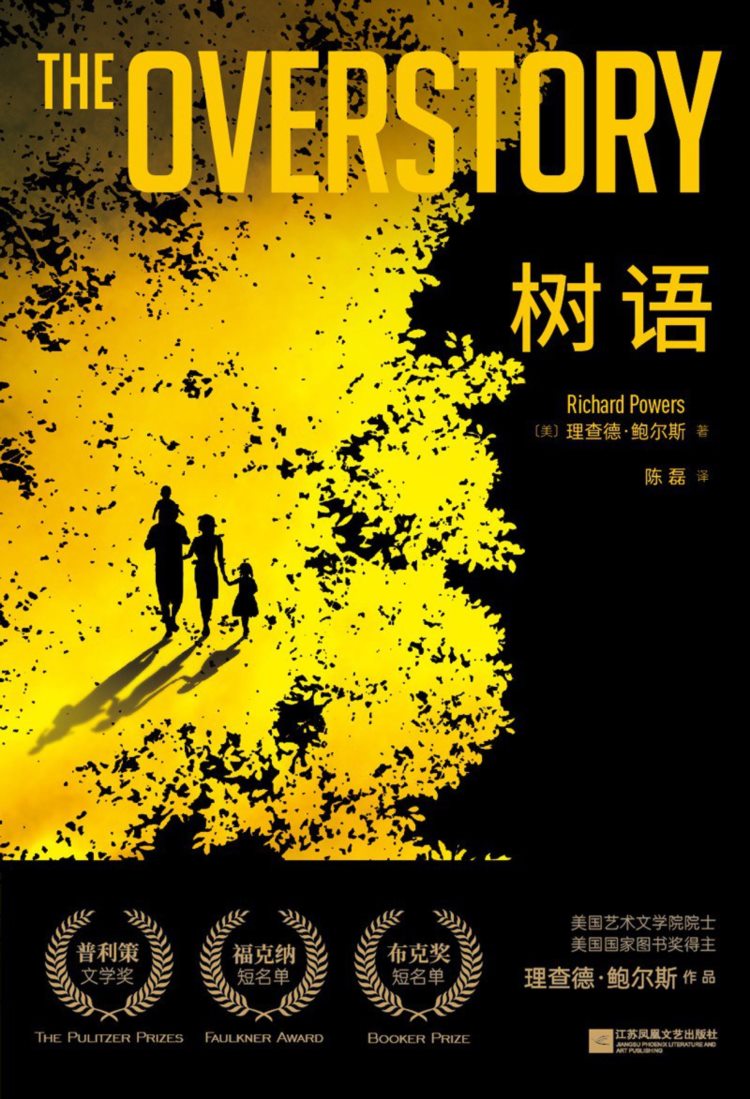
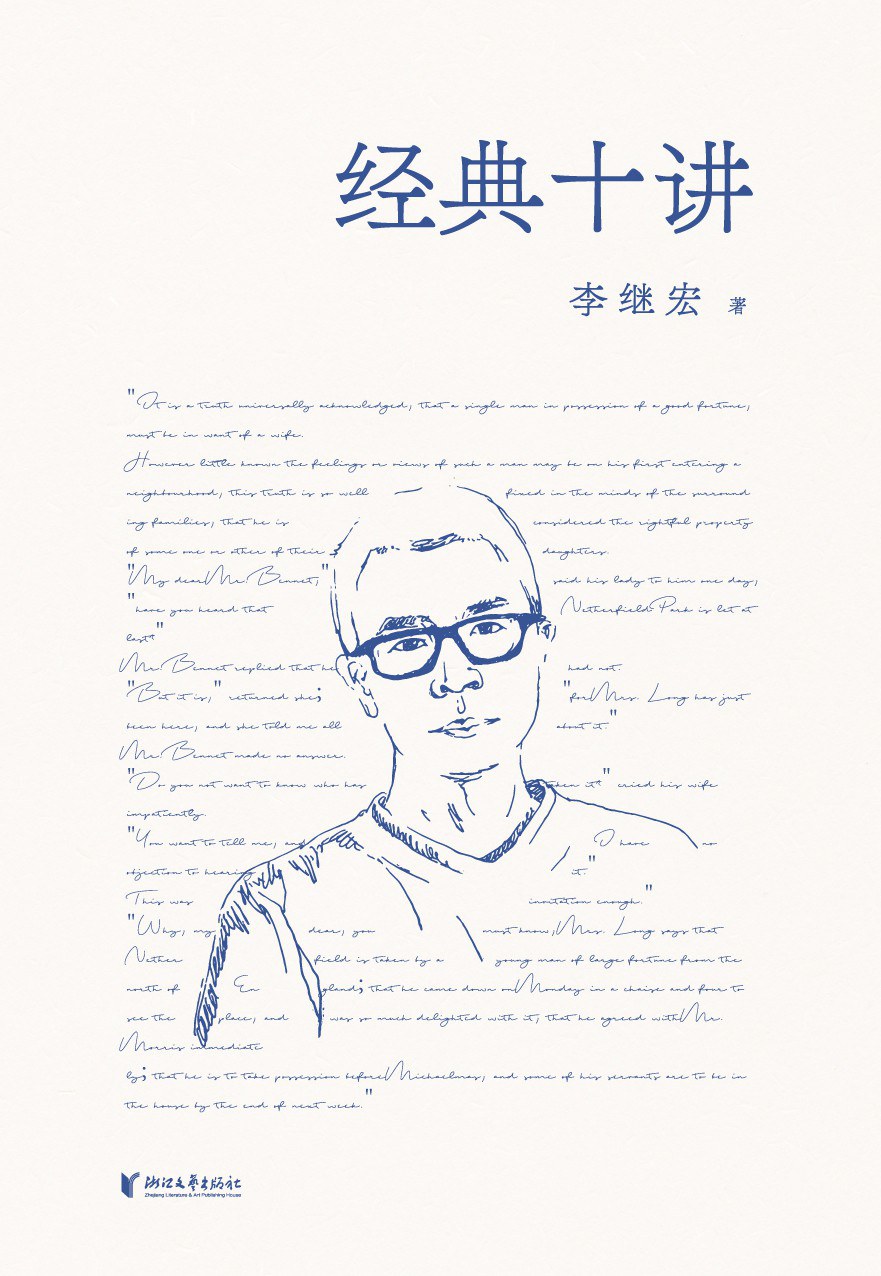

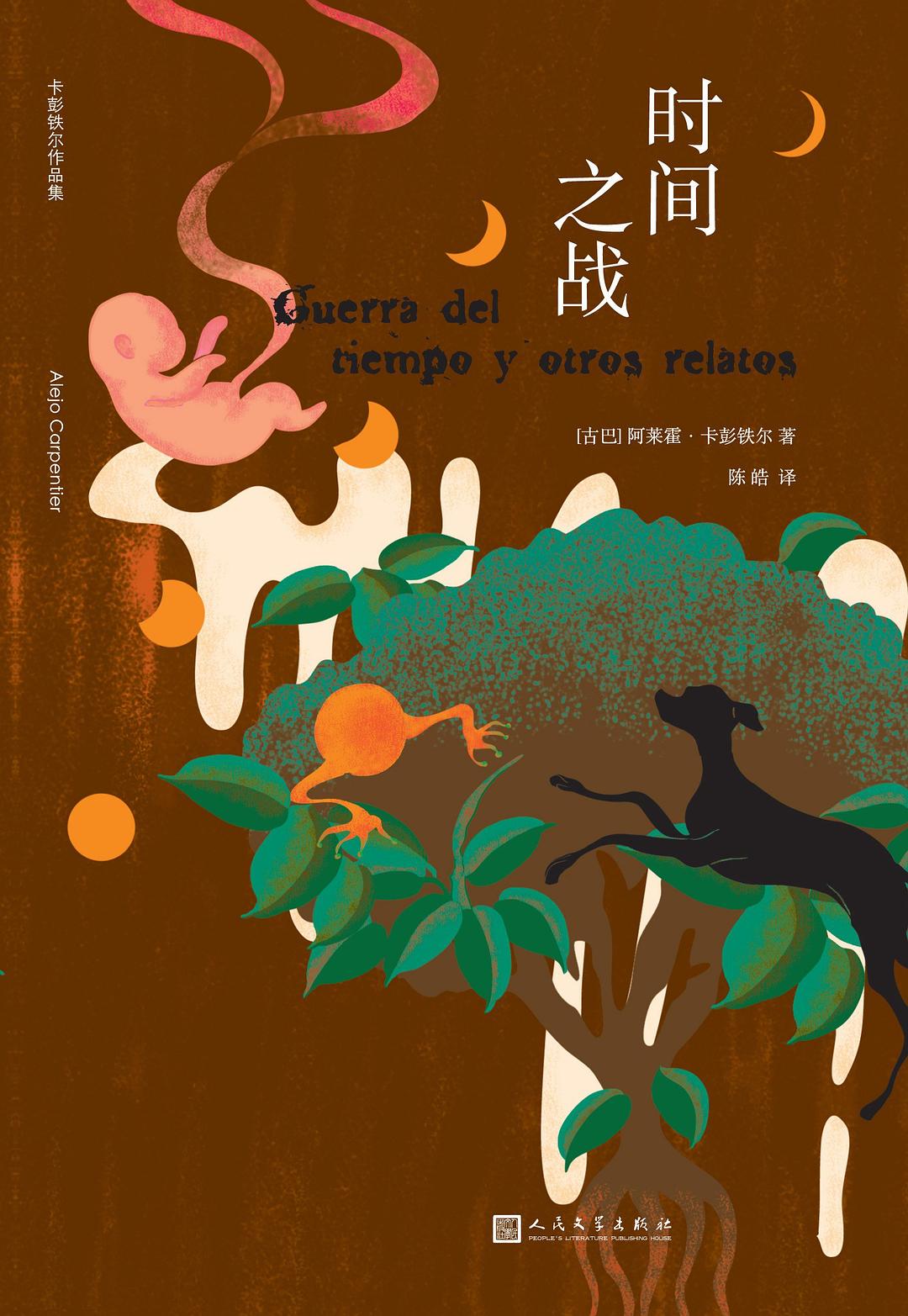

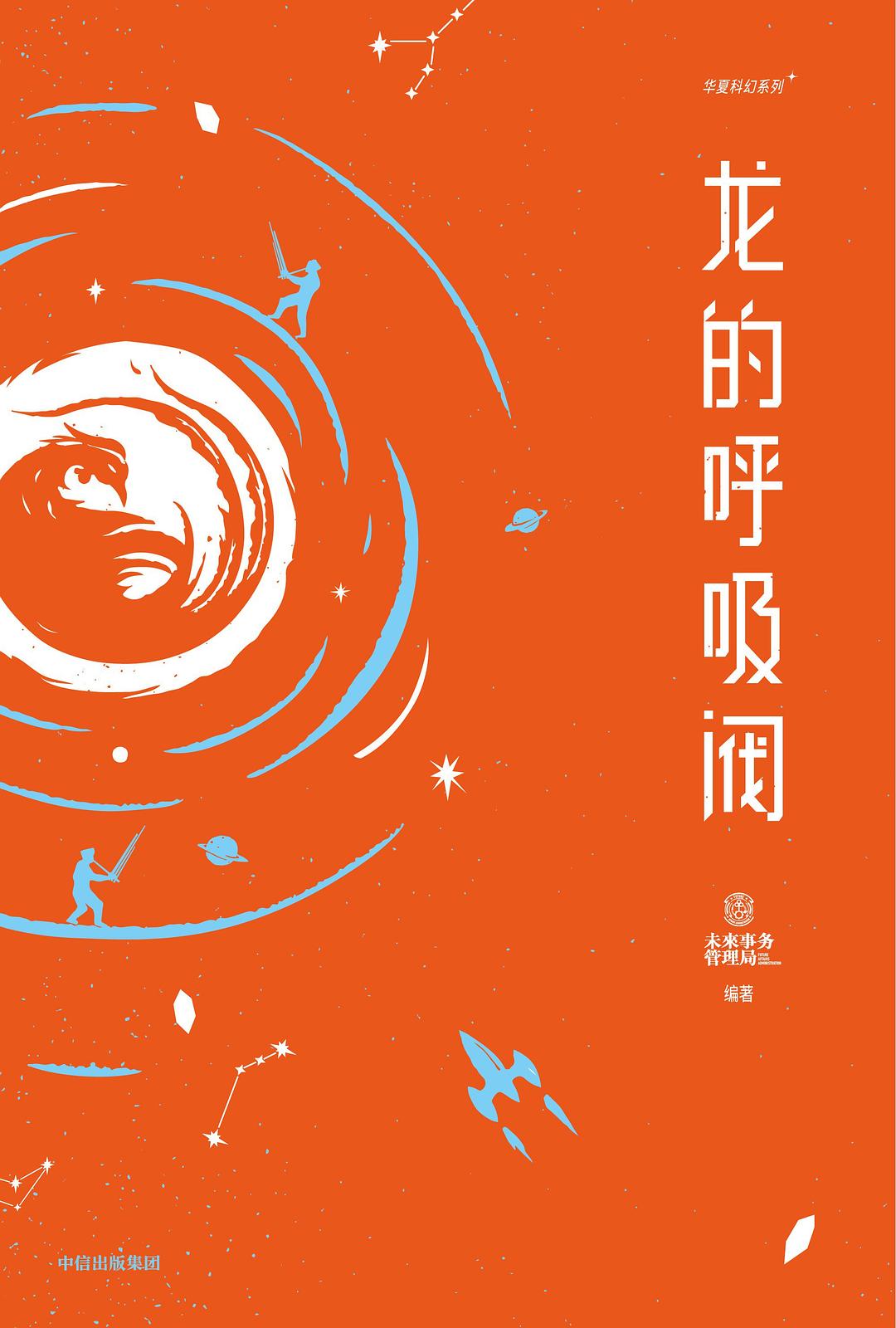
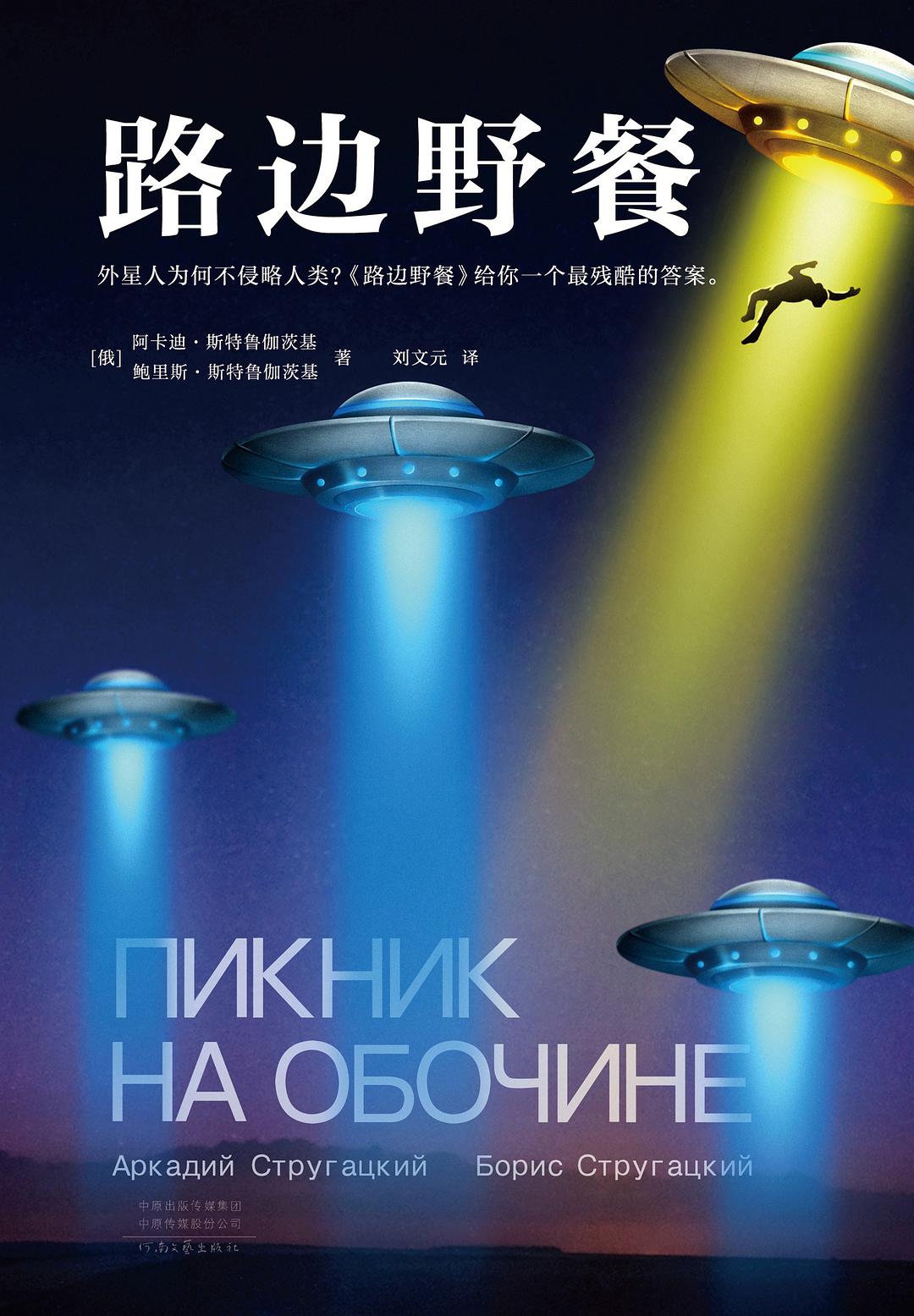
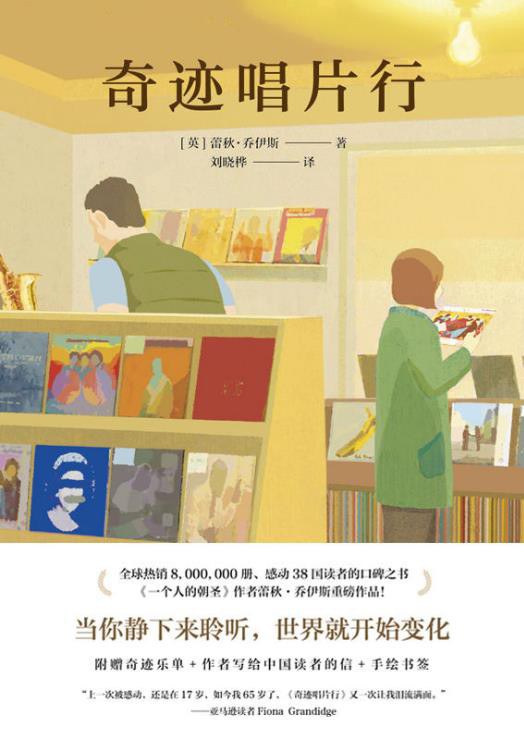
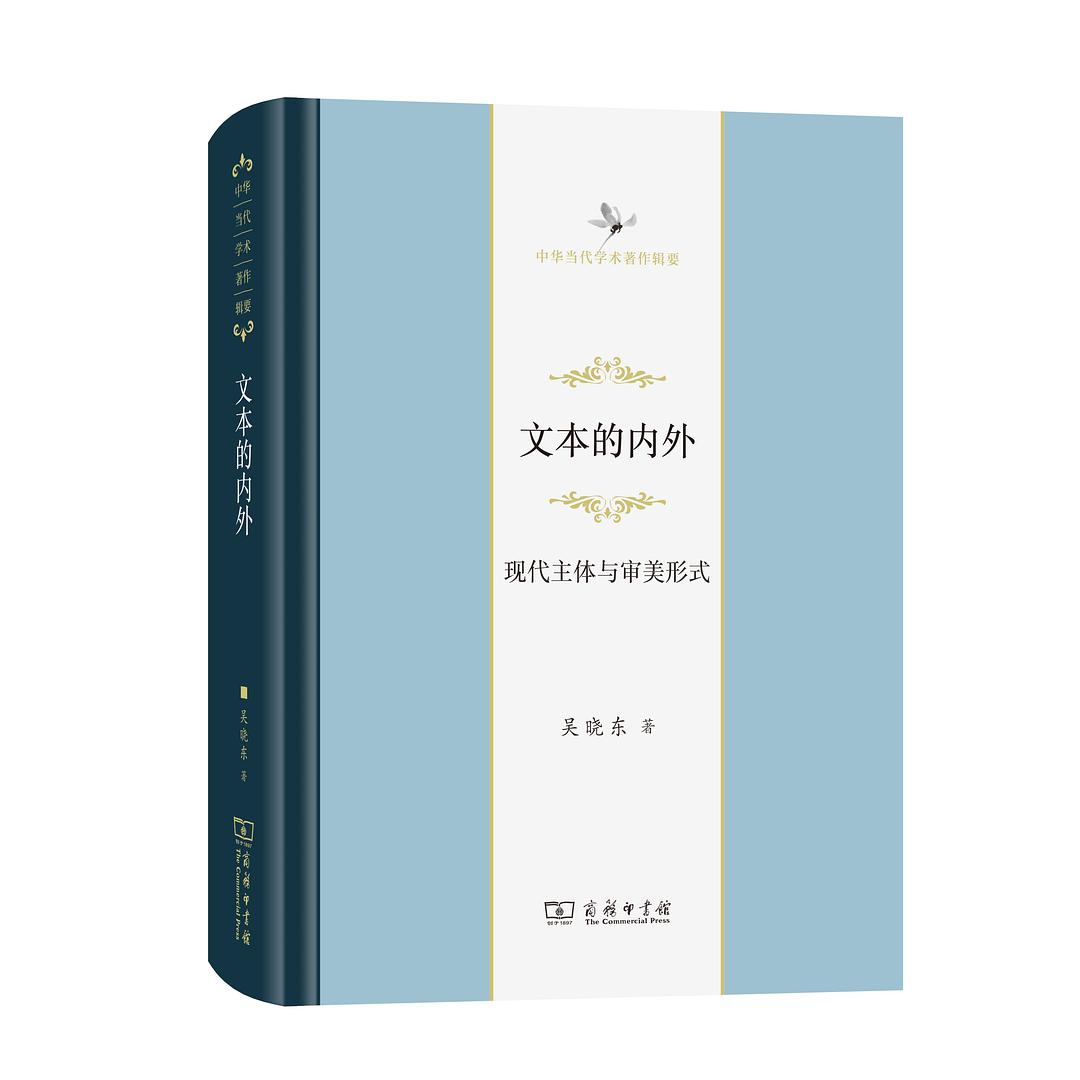
发表评价